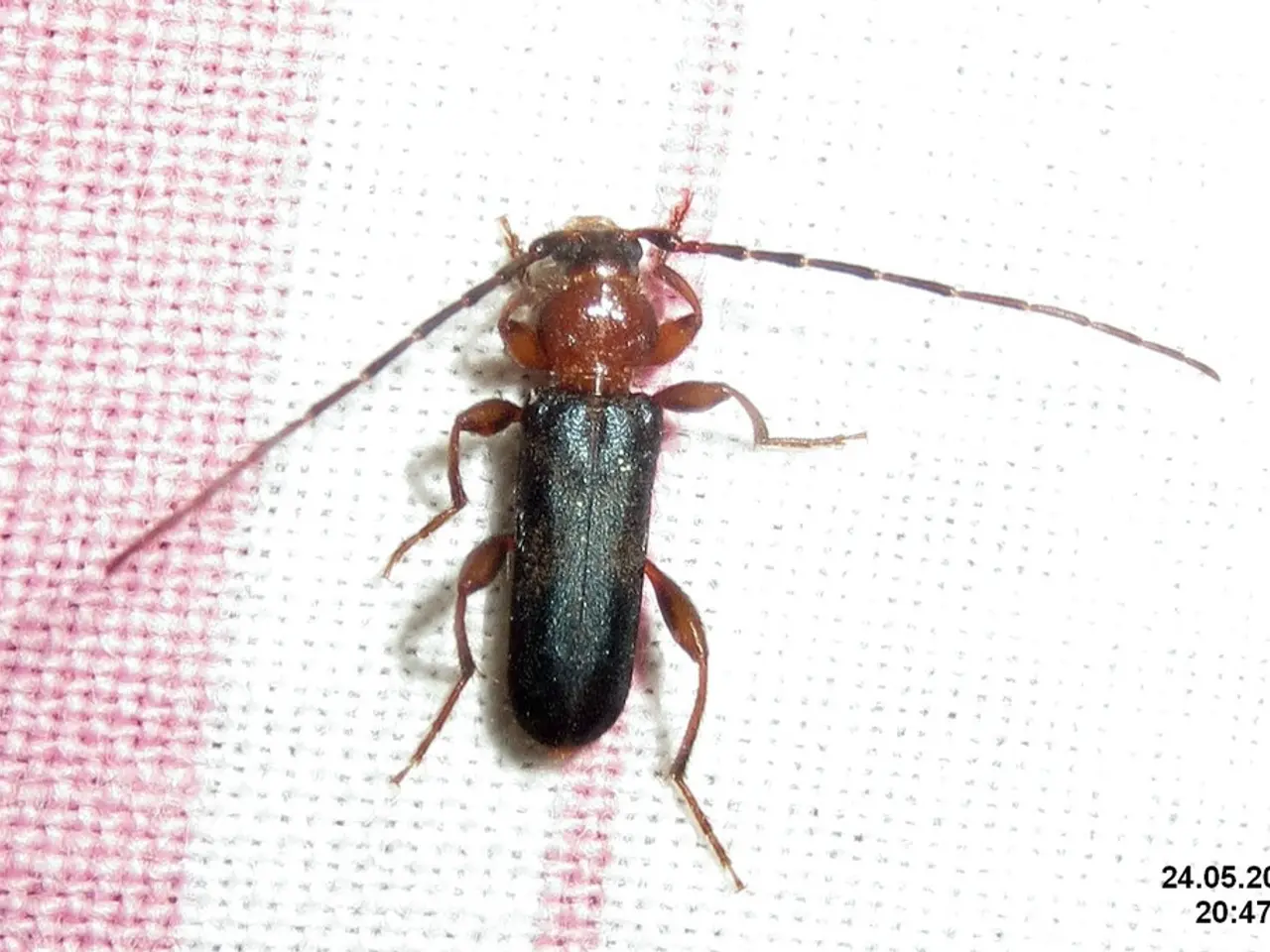Organic Japanese Beetle Grub Control Experiences High Demand - However, an Alternative Product with Superior Performance Is Recommended
In the ongoing battle against lawn pests, two organic methods, beneficial nematodes and milky spore, have emerged as potential solutions for controlling Japanese beetle grubs. Both offer advantages and limitations, making them suitable for different scenarios.
Beneficial nematodes, microscopic organisms, are effective against a broad range of soil-dwelling pests, including various stages of white grubs and adult beetles in some cases. They work quickly, providing more immediate grub control, and are suitable for various soil temperature ranges and conditions, ensuring consistent effectiveness. What's more, they are safe for humans and the environment, making them an excellent choice for organic gardening.
However, nematodes require moist soil conditions to be effective and may need reapplication over time since they do not establish permanently. They can be sensitive to environmental factors such as UV exposure and drying out.
On the other hand, milky spore, a bacterium known as Paenibacillus papillae, specifically targets Japanese beetle grubs. Once established in the soil, it can remain viable for many years, providing long-term biological control without repeated applications. It is safe for humans and non-target organisms, making it environmentally friendly.
However, milky spore's effectiveness is limited to Japanese beetle grubs, and it takes several years to build up in the soil to levels that provide effective grub control. It requires warmer soil temperatures (above 65°F) to activate effectively, limiting its use in cooler climates or seasons. Its effectiveness is also inconsistent in some regions, especially in northern U.S. states with cold soils.
August is the ideal time to use beneficial nematodes against Japanese beetles. To use them, first water the lawn or garden, then mix them with water and water them into the affected areas. Beneficial nematodes are highly effective, with up to 96% effectiveness against Japanese beetle grubs in field tests.
Milky spore, on the other hand, can be applied by sprinkling the product over your lawn. In colder climates, it may take longer to spread. Its persistence in the soil can last up to 10 to 20 years.
Choosing between these two methods depends on your specific pest problem, climate, and how quickly you need results. For broader and quicker grub control, nematodes are often preferred. For long-term, targeted control of Japanese beetle grubs in warmer climates, milky spore can be beneficial but requires patience for population buildup.
Amy Draiss, a former Digital Community Manager who managed a retail garden center for over 20 years, noted that many customers were intrigued by milky spore but often chose more conventional grub control products instead due to the length of time it takes to work. It can take up to 3 to 5 years of application and waiting to notice an impact on the Japanese beetle population.
In conclusion, both beneficial nematodes and milky spore offer effective, organic solutions for controlling Japanese beetle grubs. The choice between the two depends on the specific circumstances of the garden or lawn, with nematodes providing quicker, broader control and milky spore offering long-term, targeted control in warmer climates.
Home-and-garden enthusiasts interested in an organic gardening lifestyle may find beneficial nematodes and milky spore beneficial for controlling Japanese beetle grubs in their garden or lawn. Nematodes, effective against a broad range of soil-dwelling pests including Japanese beetle grubs, offer quicker, broader control and are suitable for various soil conditions, while milky spore, targeting specifically Japanese beetle grubs, provides long-term, targeted control in warmer climates.




